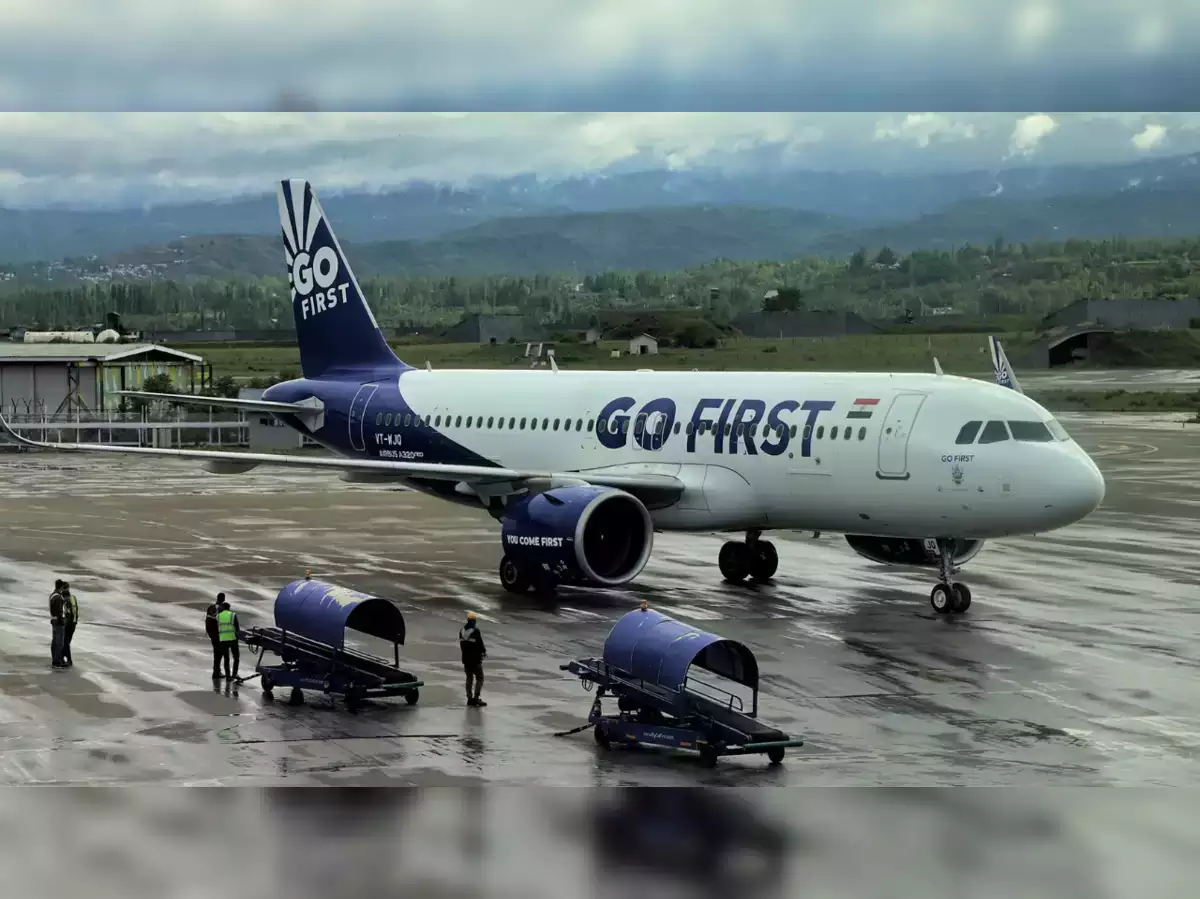India’s fifth largest airline, Go First, formerly known as Go Air, has hit turbulence, which led to its bankruptcy. The airline claims that American company Pratt & Whitney, which is an aerospace manufacturing company, is responsible for the collapse of their airline. Pratt & Whitney’s inability to supply engines and the supply of faulty engines is said to have grounded the Go First aircraft.
In the last 11 years, unexpected events have occurred in the aviation industry, including the shutdown of Kingfisher Air Deccan and Jet-Sahara. Air India escaped its fate when TATA bought it over. Go First owned about 59 aircraft, of which 54 were ‘Airbus A320neo.
P&W was responsible for supplying Go First with the engines for this type of aircraft, but due to the unavailability of engines, the airline had to ground almost 25 aircraft. With 25 aircraft grounded, the company had only 50% of its aircraft up and running. For this reason, the airline is said to have suffered a loss of 10,800/- crores and has sought 8000/- crores as compensation from P&W.
Go First claims to have been a consistently profitable airline with a gradual expansion strategy until the pandemic and engine failures. The deterioration in the company’s financial performance gives its rivals such as The Go Air crisis may help rivals such as IndiGo, Air India, SpiceJet, and new entrants such as Akasa Air grab a larger chunk of the market share.
Go Airlines CEO, Kaushik Khona, states that Go First has “a huge potential to revive and operate again very soon” and would do so if Pratt & Whitney honoured their contract. The airline has lost almost $1 billion since June 2020 due to the aircraft which have been grounded without compensation caused by the absence of engines from the provider. Go First is not the first airline to suffer because of Pratt and Whitney’s performance, and if things continue, it won’t be the last. The Indian Aviation Industry is a tough market to break into and has often been called a ‘graveyard of companies” with a long list of companies that have gone under. There’s no telling how many more are yet to come.












